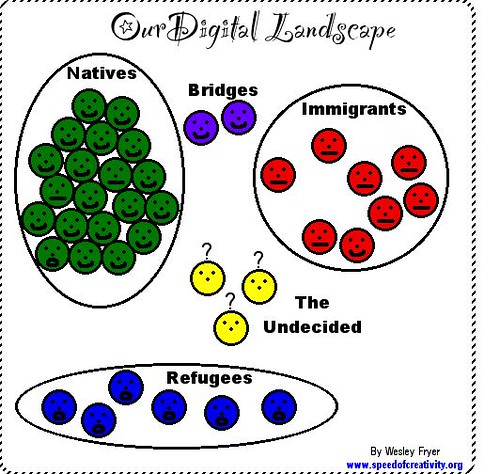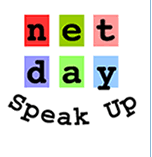I took part in another Skypecast conversation lastweek with other teachers who are using blogs, wikis, podcasting and other technology through Teachers Teaching Teachers site (which is wonderful — check it out!). The conversation is now being podcast through the site, too.
The conversation was a bit crowded for a deep and rich conversation but it is still very empowering to be part of a larger community and I appreciate the efforts of Paul and Susan to keep this forum alive and thriving. Their topic was reflecting on how the school year has been going and what is ahead for us.
One interesting aspect was a visitor to the conversation from China, who is not a teacher but still had some things to say about education in China in comparison to education as we were discussing on the skypecast.
Peace (with multiple voices),
Kevin





